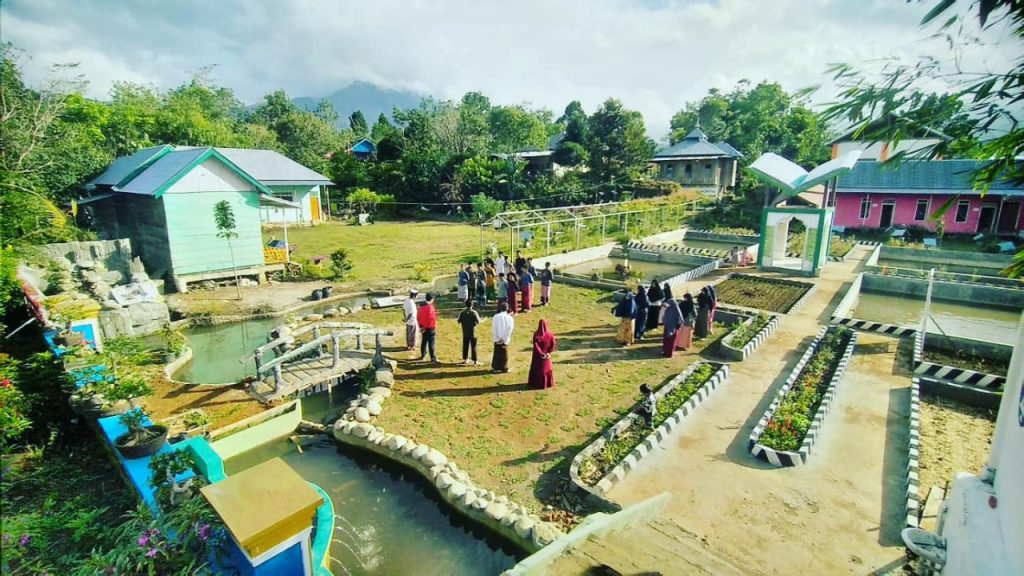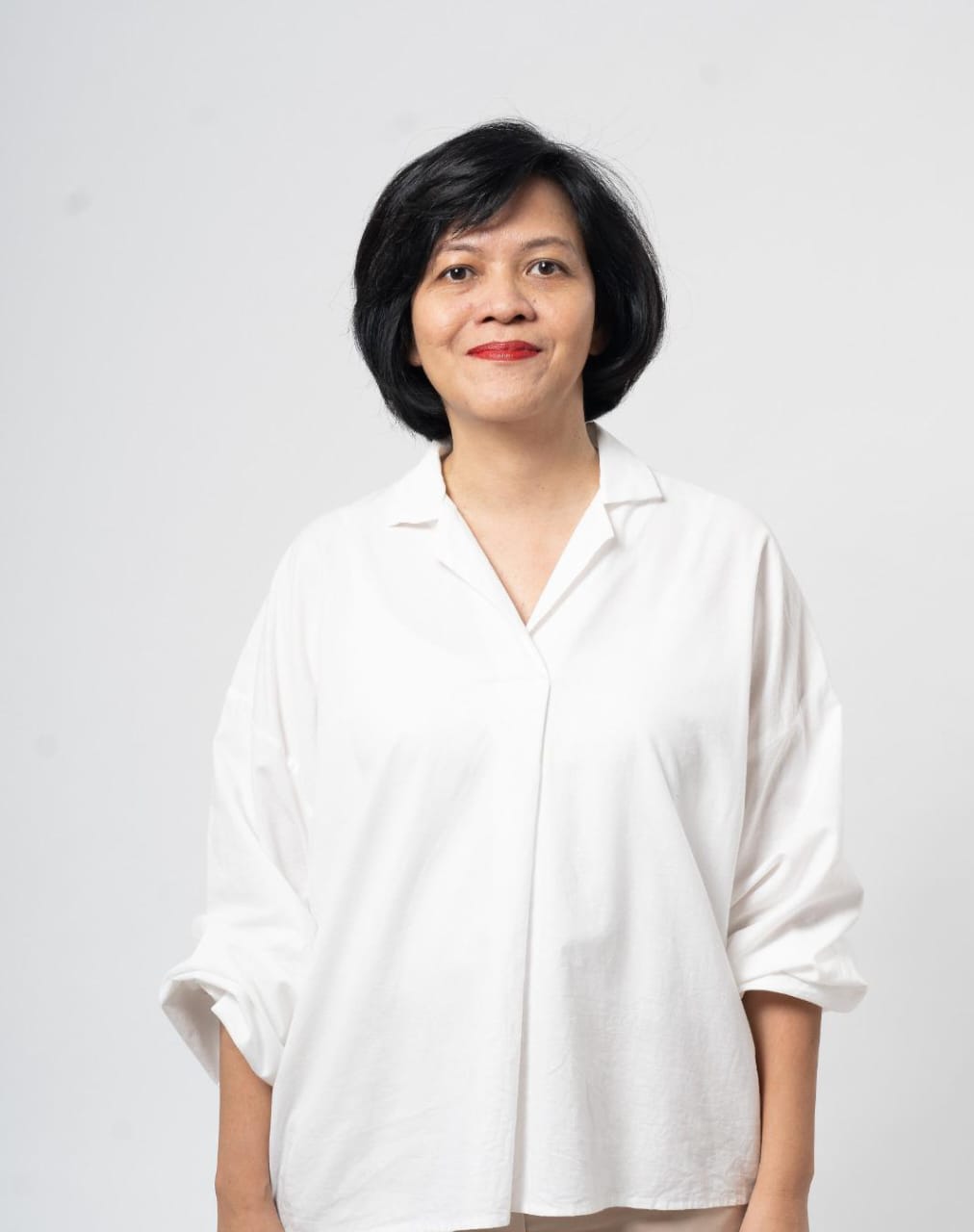
Based on data from the Ministry of Religious Affairs of the Republic of Indonesia, Indonesia currently has 26,973 Islamic boarding schools spread across the country. During the pandemic, many Islamic boarding schools were economically constrained due to the decline in the Indonesian economy. Universitas Indonesia (UI) research team tried to answer this obstacle through the concept of economic independence of Islamic boarding schools through a touch of technology and entrepreneurship in a series of community service activities.
The team consists of UI lecturers and researchers, namely Dr. Eng. Muhamad Sahlan, S.Si., M.Eng.FEng), Prof. Dr. Heri Hermansyah ST. M.Eng.FEngUI), Dr. Kenny Lischer (FEng), Dr. Aprilliana Cahya (FEng), Dr. Rambat Lupiyoadi (FEB UI), and also several beekeeping practitioners, namely Chandra Akso Diana, Jeffry Lesmana, and Yogie. In this activity, the technology implemented was stingless beekeeping technology (stingless bee).
This technology was developed with funding from Bank Indonesia. The head of the research team, Muhamad Sahlan, said, “We chose the stingless bee cultivation innovation as the right step that can be applied in creating the independence of Islamic boarding schools. This is because stingless bee cultivation is easy to do, the bees bred can also breed side by side with humans, and the honey produced has high economic value.”
Three Islamic boarding schools were selected as pilot projects for the national beekeeping pilot center for this community service program, namely Pondok Pesantren Nurul Qur’an (Bengkulu), Pondok Pesantren Alam Indonesia (South Sulawesi) and Pondok Pesantren Al-Kahfi (West Nusa Tenggara). Ustad Nanang, the caretaker of Nurul Qur’an Islamic boarding school in Lebong Regency, Bengkulu, expressed his enthusiasm for this program.
“The bee cultivation business, which is carried out as a form of collaboration between Bank Indonesia and the Faculty of Engineering team, has greatly impacted the success of our cottage. It is proven that this stingless bee cultivation has produced honey and is always sold out to consumers, this of course generates profits for the pesantren,” said Nanang.
The same thing was also expressed by the caregivers of two other Islamic boarding schools, namely Dr. Hisbullah from Pondok Pesantren Alam Indonesia in Baru Regency, South Sulawesi and Ustad Fuad from Al-Kahfi Islamic Boarding School in Sumbawa Regency, West Nusa Tenggara. This stingless bee farming business is considered to have the potential to help the pesantren’s independence, given its location next to a protected forest.
“Bayangkan jika sebagian besar pondok pesantren di Indonesia memiliki kemampuan usaha budidaya lebah tanpa sengat, maka mereka akan dapat menghasilkan bibit lebah dan madu. Hasil penjualan dan pembudidayaan bibit lebah dan madu ini ke depannya akan dapat membantu meningkatkan perekonomian secara lokal, regional bahkan mungkin secara nasional,” kata Sahlan. Sesuai dengan Sunnah Nabi Muhammad SAW dan telah terbukti secara medis, katanya, madu merupakan salah satu produk pemenuhan kebutuhan daya tahan tubuh dalam menghadapi pandemi yang hingga saat ini belum berakhir.
“If in the colonial era Islamic boarding schools had a role in fighting colonizers, then during this pandemic Islamic boarding schools have a role in fighting against underdevelopment through the efforts of pesantren independence,” said Sahlan.



